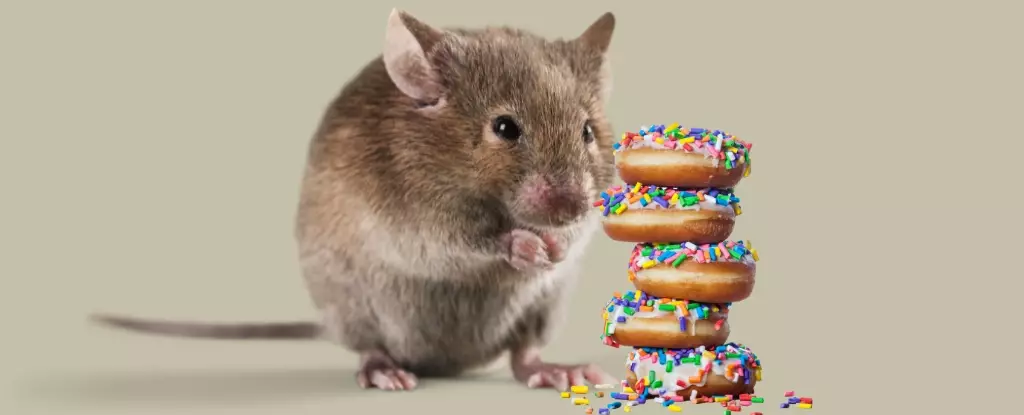For over a century, scientists have observed that mice and rats tend to live longer when they are fed less. However, a recent study conducted by researchers from the US and UK has shed new light on this phenomenon. Instead of simply focusing on the amount of energy or protein consumed, the study suggests that the key to longevity may lie in the balance between energy intake and expenditure.
The study compared groups of mice put on identical diets but housed in different environments. Surprisingly, the mice living in cooler environments were found to live longer and healthier lives. The researchers attribute this to the fact that the cooler temperatures forced the mice to use more energy to keep warm, creating an energy imbalance. This finding challenges the conventional belief that restricting calories alone is the key to better health and longevity.
Lead researcher Daniel Smith explained that it’s not just about the caloric intake or the type of nutrients consumed, but rather the overall energy balance. This implies that a more holistic approach to understanding how diet affects health is needed. By looking at the interaction between energy consumed and energy burned, researchers hope to uncover new ways to promote longevity without resorting to strict diets.
There are different theories on why calorie restriction leads to better health and longevity in rodents. One possibility is that it’s simply a matter of consuming less food or particular nutrients. However, the study suggests that an energy imbalance created by the need to keep warm could be a major factor. By investigating this energy imbalance further, researchers may be able to identify new strategies for promoting longevity in humans.
While the study was conducted on mice, the findings have potential implications for human health as well. The researchers suggest that inducing an energy imbalance through environmental factors, such as cold temperatures, could have similar benefits for humans. However, they acknowledge that it may not be practical for most people to adopt such extreme measures. Instead, they propose exploring other avenues, such as medications, that could create a similar energy imbalance to improve health outcomes.
The study challenges the traditional view that reducing calorie intake alone is sufficient for improving health and longevity. Instead, it highlights the importance of considering the overall energy balance in the body. This new perspective could pave the way for innovative dietary interventions that focus on creating an energy imbalance to promote better health outcomes in the long term.
The study provides valuable insights into the complex relationship between diet, energy balance, and aging. By reevaluating our understanding of how diet affects health, researchers may unlock new strategies for promoting longevity and improving overall well-being.


Leave a Reply